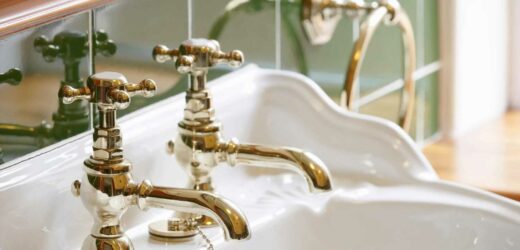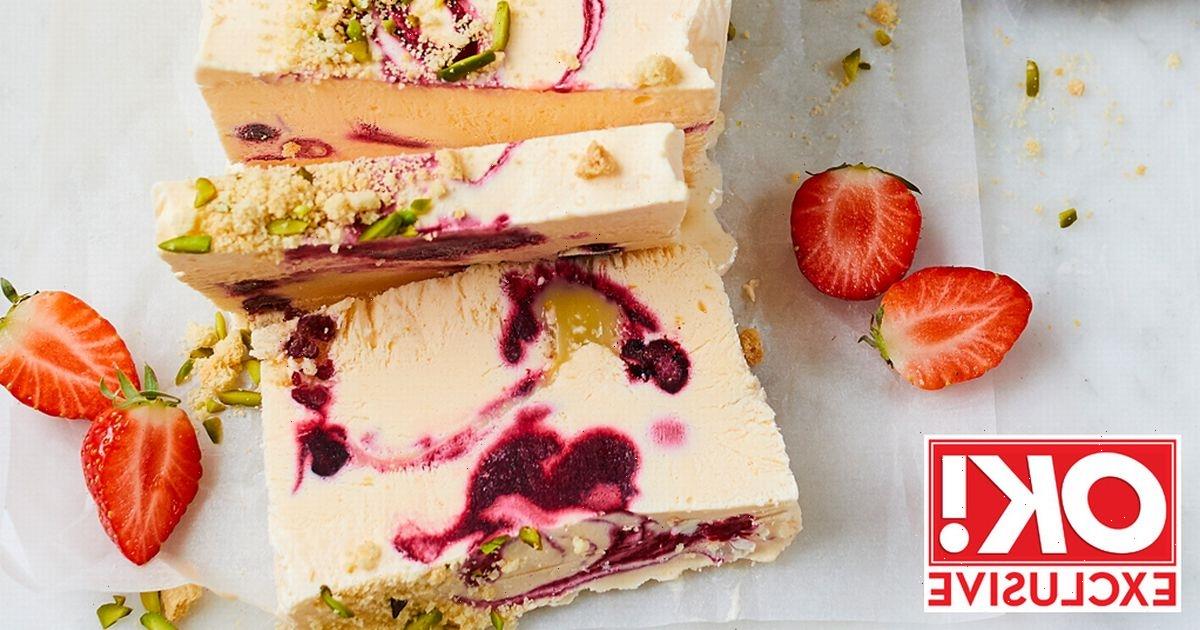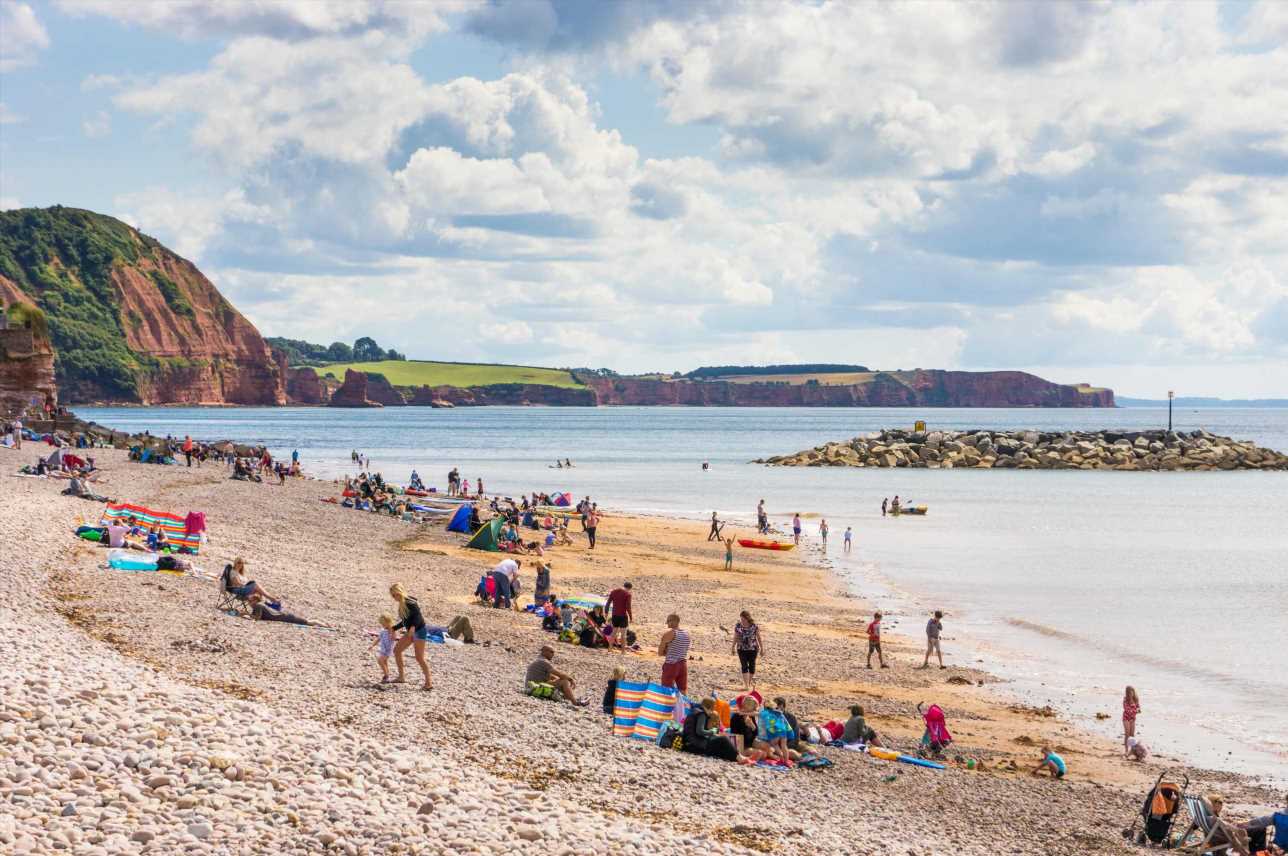BEFORE you fill up your glass of water in your hotel room, you may want to think again.
The National Sanitation Foundation (NSF) has urged holidaymakers not to drink tap water in their rooms, as two years of little-to-no use could have led to bugs and germs in the system.
Jérôme Logie, from the Water Division at NSF, has claimed that water supplies now pose a real risk to travellers that may not have existed previously.
While Logie was quick to remind people of the importance of remaining hydrated, he has told anyone going abroad to make sure their water comes from a safe and reliable source.
He said: “After such an extended period with low to no travel, hotels and their water supplies now pose a significant risk to travellers, something many aren’t aware of.
“Water and good hydration are essential, but there is a real risk from potentially lethal bacteria that can thrive in stagnant water, such as in unused hotel pipes.
Read More on Travel Advice
The 5 ways to avoid getting sick on holiday, according to travel experts
Big mistake you’re making if your ears ring on flights – and how to stop it
"Add to that a build-up of germs and varying international standards of filtration, and you can see why travellers must be water-smart to ensure they can enjoy prettier sights than their hotel bathroom."
To help people avoid illnesses, the NSF has put together a list of top tips for staying safe when drinking water abroad this summer.
Don’t trust the tap water in your hotel bathroom
No matter how desperate you are for a cool drink of water in the middle of the night, do not resort to drinking from the bathroom tap.
Hotel plumbing is a potential breeding ground for harmful microorganisms such E.Coli, as water in unoccupied hotel rooms can remain stagnant in pipes for days, weeks or even months. After almost two years with limited travel opportunities, those heading away this summer should be particularly wary.
Most read in News Travel
SANDS BAD The 6 ways you could be breaking the law at the beach – with fines up to £2,500
Flights to Spain & Portugal 'will be worst hit' by Gatwick cancellations
Woman reveals VERY clever way to get around 100ml liquid rule on holiday
Holidaymakers make mad 6am dash for sun loungers at Spain resort
Hot = good
Many hotels heat their water to 55 degrees+ to kill any micro-organisms that might be present – which is why you will often encounter ‘Warning: hot water!’ signs.
While you might be seeking a cooldown, this hot water will be much better for your holiday enjoyment overall.
In larger resorts and hotel chains, companies have their own corporate standards for water management, and some even have water treatment facilities on-site to ensure quality, so the absence of a hot water warning sign shouldn’t be a red flag, as long as travellers exercise their own caution.
Say no to tap water at restaurants
It's not just in your hotel room you need to be wary, but also the hotel restaurant.
While places like Europe have a very good safety record for water, other countries may not.
To avoid encountering any water woes, play it safe and make simple switches such as asking for bottled soft drinks rather than a jug of water to accompany a meal.
Also, consider asking for drinks with no ice and steer clear of washed salads.
If it’s cloudy, it’s contaminated
Detecting bacteria in clear water is impossible but never, ever drink cloudy water.
If you are travelling to a remote location where bottled water is not available, certified devices and equipment can be used. For example:
- Light strobes can kill bacteria
- Portable filters can be used to remove heavy metals, as well as bacteria
- Chlorine pills, although not perfect, can be a convenient way to make drinking water safe
Read More on The Sun
I’m fat and sexy – many bigger girls are self-conscious but I love my body
Primark fans go wild for new-in colourful summer items & prices from just £2
Water might not be the only risky thing in a hotel room either, with experts also warning against using the safe while on holiday.
Meanwhile another expert has revealed which hotel rooms are the best to book to avoid a rough night's sleep.
Source: Read Full Article












